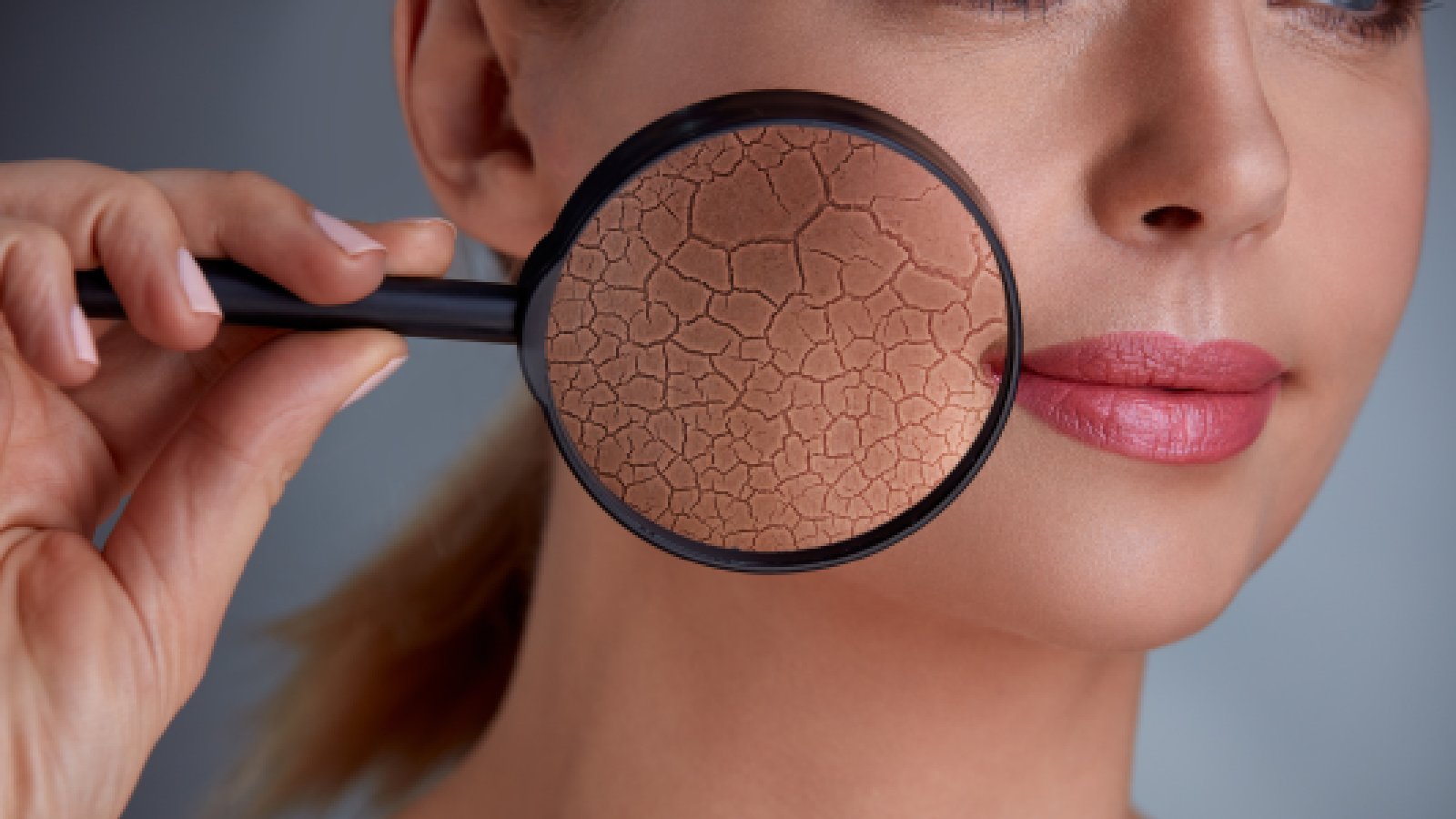[ad_1]
Using coconut oil for acne and oily skin can increase the problems. Let’s find out how coconut oil forms on the skin and causes acne (does applying coconut oil on the skin cause acne).
Coconut oil is used to keep the skin healthy during winters. Its consumption starts increasing in winter. In fact, coconut oil is often used to reduce skin dryness. If you are also applying coconut oil to the skin, be careful. In fact, using coconut oil for acne and oily skin can cause problems. Let’s find out how coconut oil forms on the skin and causes acne (does applying coconut oil on the skin cause acne).
How does coconut oil harm the skin?
Skin expert Dr. Navraj Virk said about this that coconut oil has an occlusive nature, which means it traps moisture in the skin and acts as a barrier to skin breathing. In fact, the sebum glands in the skin produce natural oil, which leads to the formation of comedones on the skin, which increases the risk of acne.
According to experts, applying coconut oil on the skin can clog pores. People with oily skin and acne prone skin are at risk of developing acne if they apply coconut oil on their face.
Coconut oil may not be a great choice for people with sensitive skin. It increases the risk of skin allergies. Coconut oil is comedogenic, which means it binds the skin like a membrane. Using coconut oil can increase the blockage in the skin pores.

How does an acne problem start to develop?
Due to excess oil and dead skin cells in the skin pores, the problem of acne is to be faced. The fine pores that appear on the skin are called pores. All pores are connected to the sebaceous gland, which produces oil called sebum. When the production of sebum in the skin increases and accumulates in the hair follicles, it leads to the formation of acne in the skin. These are called Propionibacterium acnes.
Also read

Coconut oil relieves skin dryness
Applying coconut oil reduces moisture and reduces skin permeability. For those with dry skin, applying 2 to 3 drops of coconut oil on the face will keep the skin moist. Coconut oil combats transepidermal water loss. During this process, water regulates the temperature by staying on the outer layer of the skin. Excessive use of coconut oil acts as a barrier to the skin.
Know the dangers of applying coconut oil for those with oily skin
1. Acne
If your skin is acne prone and oily, avoid using face oil. According to experts, coconut oil locks moisture into the skin like a shield. Due to this, pimples start to grow due to the accumulated oil in the pores.
2. Dull skin
Coconut oil is useful for dry skin, but it can cause acne on oily skin. Apart from this, due to the presence of natural oil on the skin, the dullness of the skin starts to increase and the skin looks lifeless.

3. Skin allergy
Regular use of oil on the skin can cause skin rashes. Due to this, redness starts to develop on the skin and one has to face the problem of itching. This causes skin inflammation. To avoid this, do not apply oil on the skin.
Also Read- Find out how these 5 natural ingredients work for various skin problems
[ad_2]